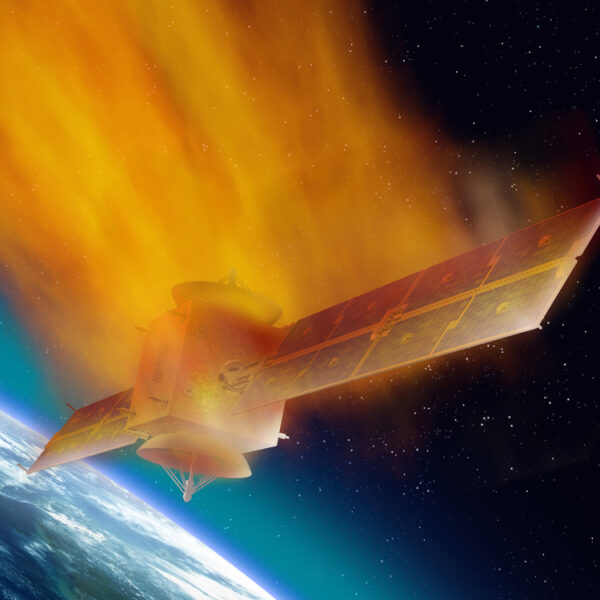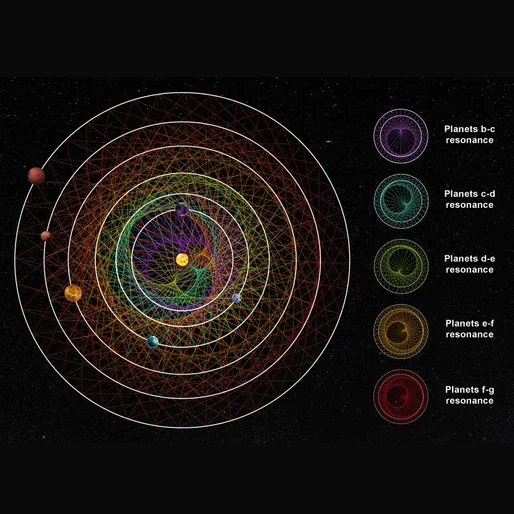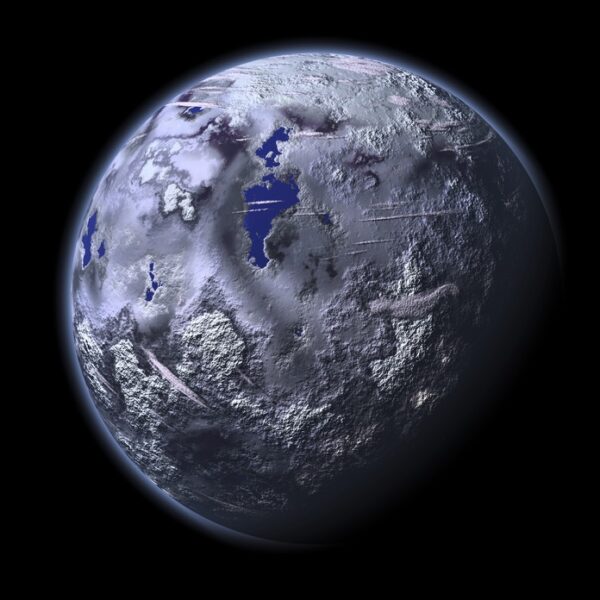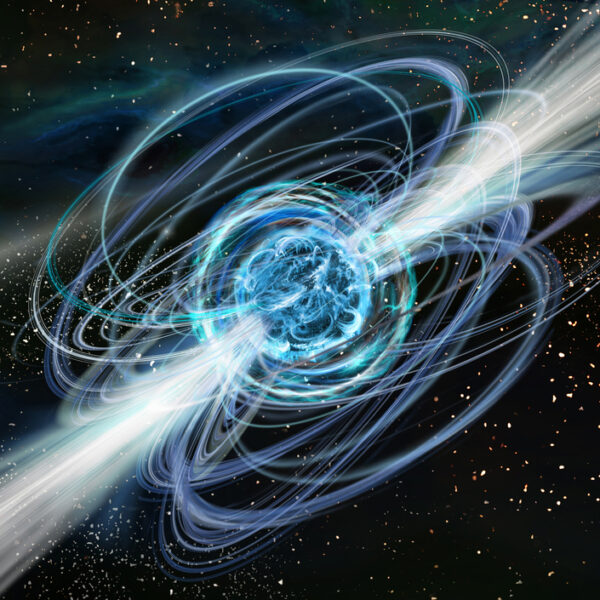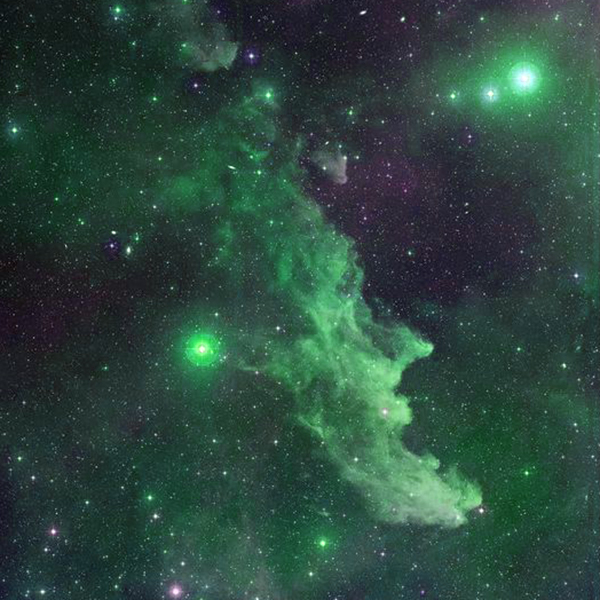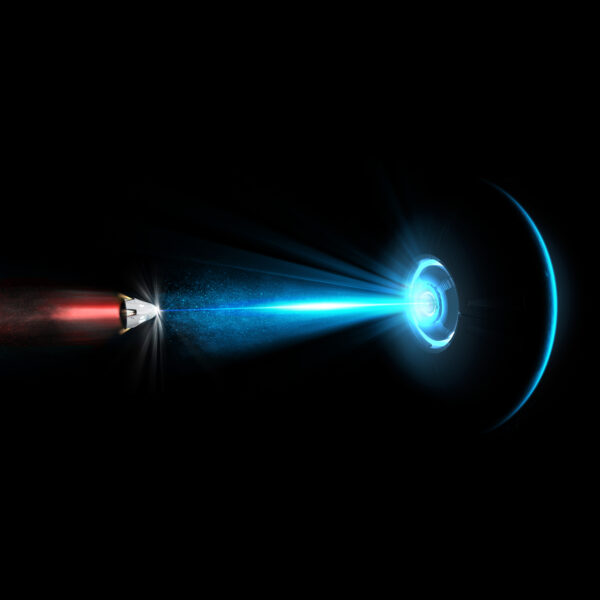Writer Fuel: Chinese Robo Chemist Could Extract Oxygen From Water on Mars
Scientists in China have created a robot chemist powered by artificial intelligence (AI) that can extract oxygen from Martian water without human supervision. Synthesizing useful resources from local materials on Mars will be essential for humans’ survival on the Red Planet. Extracting oxygen from materials — in a process called oxygen evolution reaction (OER) — is particularly … Read more



